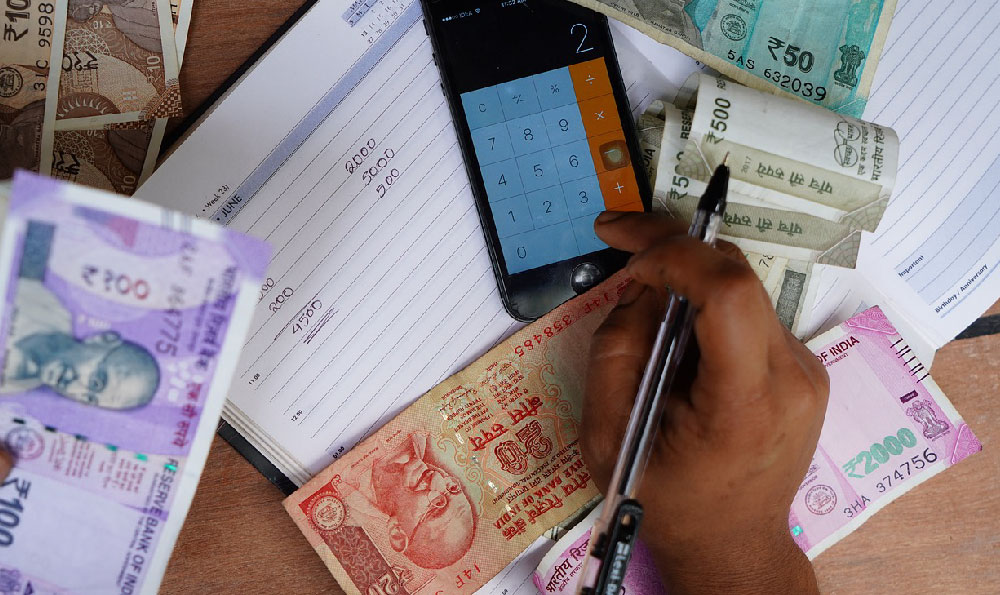Can You Really Make Money in Prison? Is It Even Possible?
The notion of accumulating wealth while incarcerated seems paradoxical, a stark contrast to the image of confinement and limited resources. However, the very question hints at the ingenuity and resilience of the human spirit, prompting us to explore unconventional avenues and navigate within restricted parameters. While the possibilities are undeniably limited and highly regulated, the potential for generating income, even within prison walls, is not entirely an impossibility.
The core challenge lies in the inherent limitations. Traditional employment opportunities are scarce and often poorly compensated, primarily designed for inmate rehabilitation and institutional maintenance. These roles, such as laundry services, kitchen duties, or janitorial tasks, offer meager wages that barely cover basic commissary expenses, let alone contribute to significant savings or investments. Furthermore, security protocols strictly prohibit unauthorized financial transactions, hindering access to mainstream investment platforms or business ventures.
Despite these constraints, a limited number of income-generating activities can be pursued, subject to institutional approval and compliance with regulations. One avenue, albeit highly competitive, is artistic expression. Inmates with artistic talents can create and sell artwork, crafts, or written works through authorized channels, such as prison craft fairs or designated online platforms. The earnings from these sales can be used to purchase commissary items, pay for legal fees, or even be deposited into an inmate's release account. However, the success of this avenue depends heavily on the inmate's skill, market demand, and the prison's willingness to facilitate such activities.

Another potential avenue, albeit more challenging and often discouraged, involves entrepreneurial endeavors within the confines of the prison system. This can encompass providing specialized services to other inmates, such as tutoring, legal research (within permitted boundaries), or even basic barbering skills (if allowed). Such activities, while potentially lucrative within the prison economy, are often conducted in a gray area, subject to strict scrutiny by prison authorities. The risks involved are substantial, ranging from disciplinary action to confiscation of earned income if discovered to be in violation of institutional rules.
The real key to financial success while incarcerated, however, lies not in generating substantial income within the prison system itself, but rather in preparing for financial stability upon release. This involves focusing on self-improvement, acquiring marketable skills, and developing a sound financial plan. Education is paramount. Inmates who participate in educational programs, such as vocational training or GED courses, significantly improve their employment prospects upon release. These programs equip them with the skills and knowledge needed to secure stable employment and earn a living wage, laying the foundation for long-term financial security.
Furthermore, inmates can leverage their time behind bars to develop a comprehensive financial plan for their reintegration into society. This includes budgeting, saving, and debt management strategies. Many prisons offer financial literacy programs that teach inmates how to manage their finances responsibly, avoid common financial pitfalls, and build a solid financial foundation for their future. Developing a clear financial roadmap before release can help inmates avoid falling back into old habits and increase their chances of achieving financial independence.
It's crucial to acknowledge the ethical considerations surrounding financial activities within the prison system. Any income-generating activity must be conducted within the bounds of the law and in accordance with institutional rules. Exploiting other inmates or engaging in illegal activities for financial gain is not only morally reprehensible but also carries severe legal consequences. The focus should always be on legitimate and ethical means of earning income and preparing for a productive and financially stable life after release.
Beyond tangible income, the concept of "making money" in prison can be broadened to encompass intangible gains. Time spent behind bars can be an opportunity for self-reflection, personal growth, and skill development. Acquiring new knowledge, overcoming personal challenges, and building strong relationships can be considered valuable forms of investment that pay dividends upon release. These intangible assets can be just as important as financial resources in ensuring a successful reintegration into society and a brighter future.
In conclusion, while the prospect of accumulating significant wealth while incarcerated is highly unlikely, it is not entirely impossible. Opportunities for generating income within the prison system are limited and subject to strict regulations. However, the real focus should be on preparing for financial stability upon release through education, skill development, and sound financial planning. By investing in themselves and developing a clear roadmap for their future, inmates can significantly improve their chances of achieving financial independence and building a productive and fulfilling life after incarceration. The true "money" to be made in prison lies not in fleeting gains but in the long-term investment in oneself.















